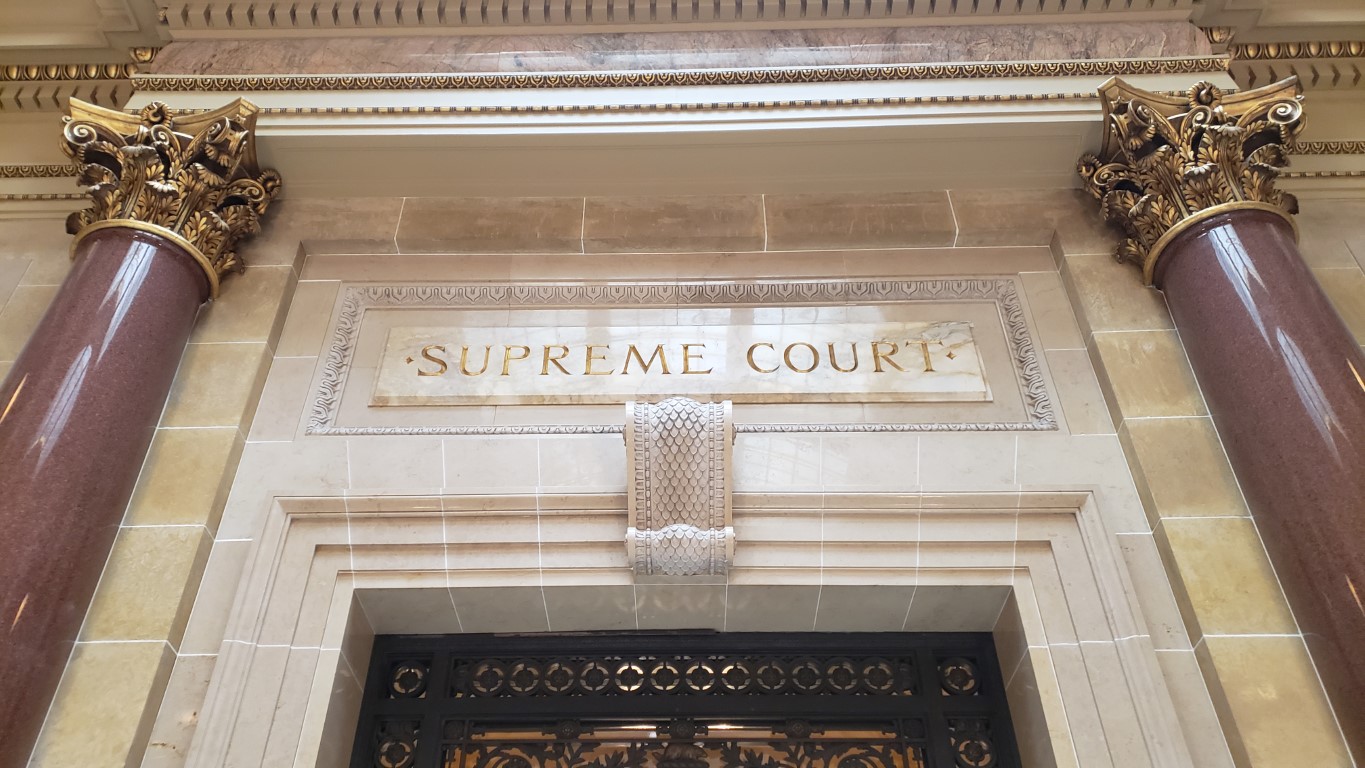Liberal Justice Jill Karofsky questioned the intent of a group seeking records of those who have been judged incompetent, suggesting the Wisconsin Voter Alliance was trying to create fear of “some sort of illegitimacy” with state elections.
Meanwhile, Conservative Justice Brian Hagedorn during Tuesday's oral arguments said regardless of the motives of any public records request, he questioned if t...
Please log in to access subscriber content.
If you don't have a subscription, click here for a WisPolitics free trial and to view the different subscription options.


